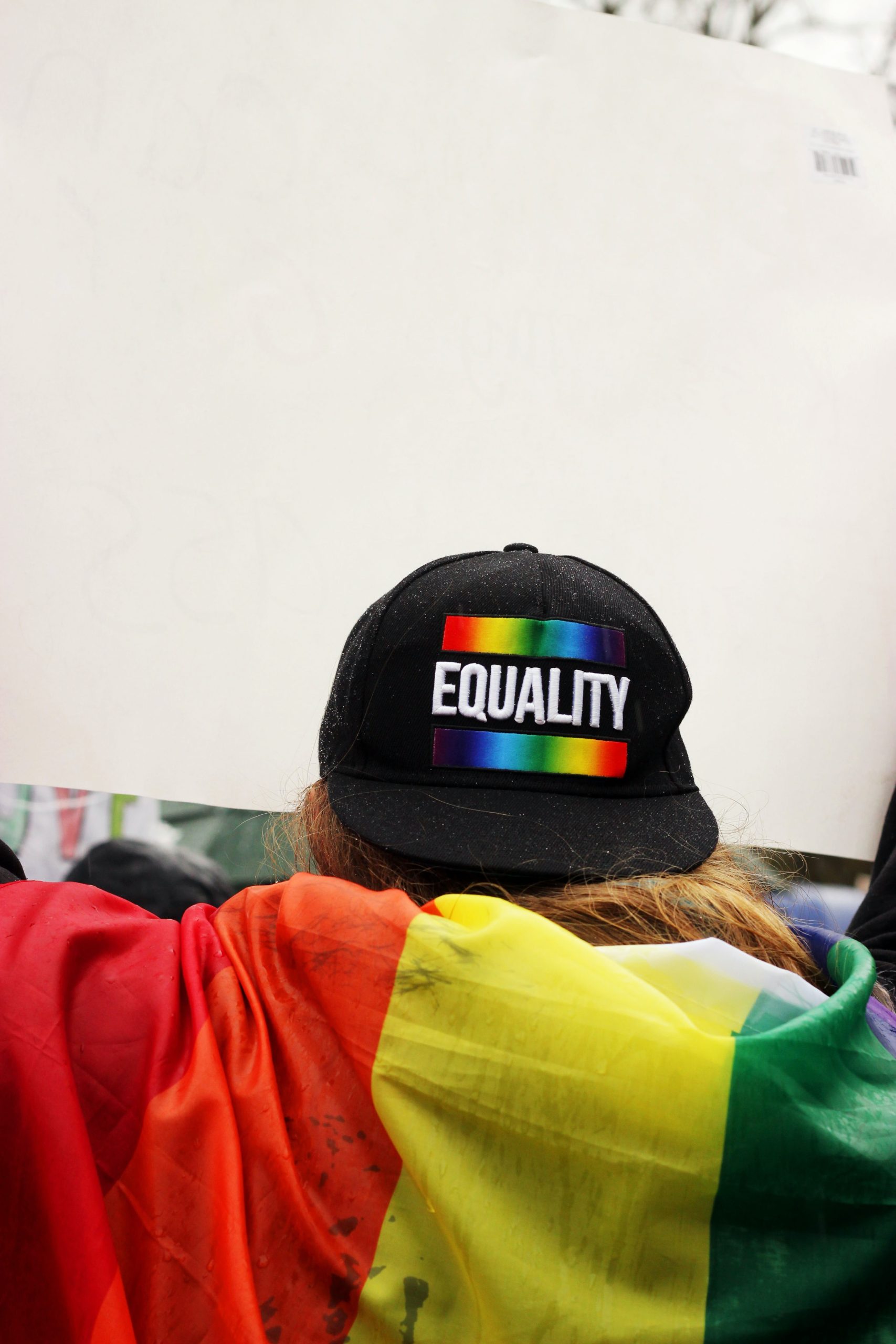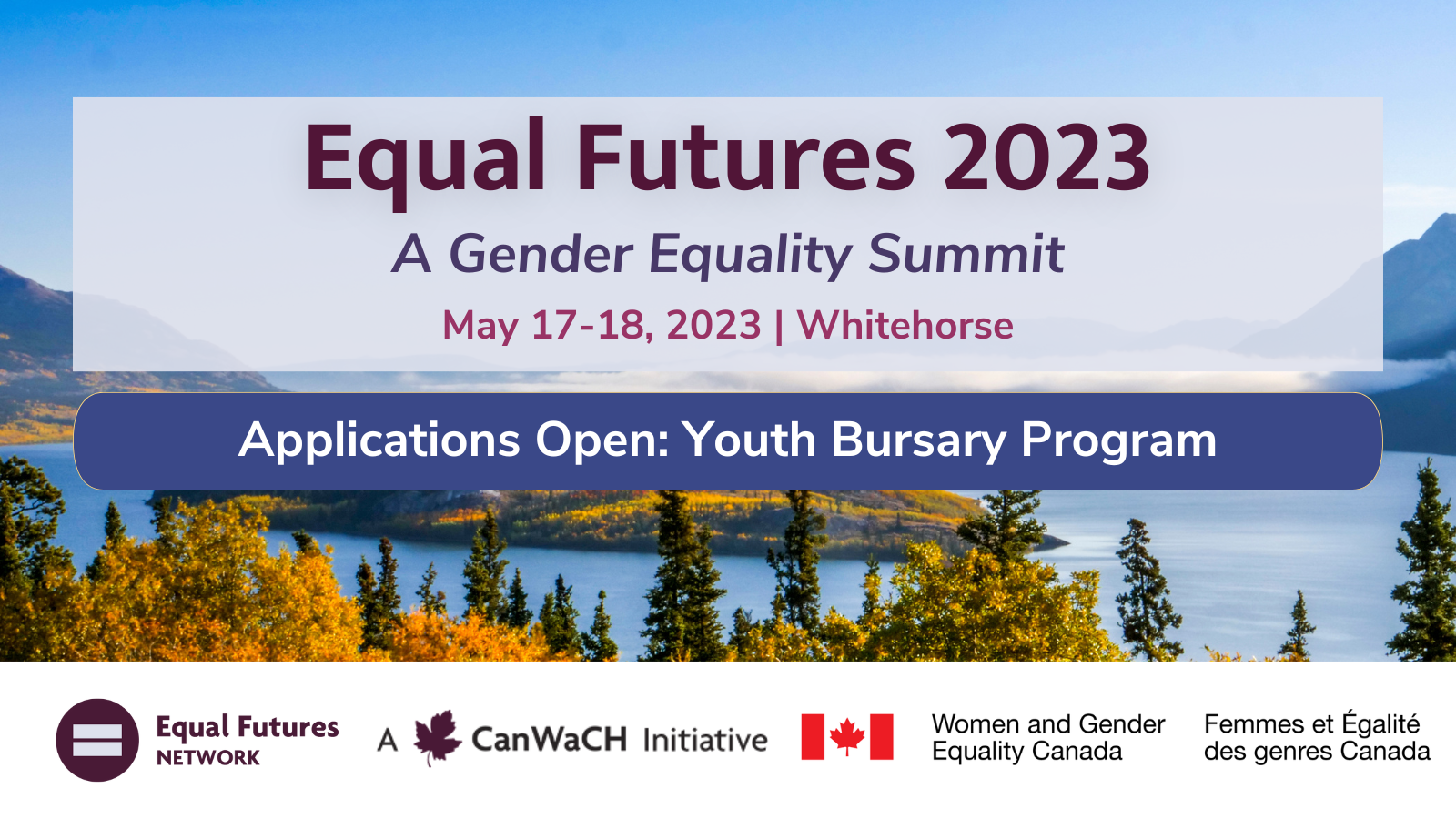
As we kick off the start of 2023, we are taking a look back at some of the big achievements and success stories for advancing gender equality that happened over the course of 2022. These moments inspired us and gave us hope for the future of advancing gender equality in Canada and around the world.
While there were some places where we saw big wins for gender equality, there is also an opportunity to highlight areas that we need to do better this year, especially if we want to get back on track to achieving the Sustainable Development Goals (SDGs) by 2030. The latest data shows that the world is not on track to reach SDG 5 Achieve Gender Equality and Empower All Women and Girls by 2030 – so there is a lot of work to do!
Check out four wins for gender equality that happened in 2022 and why these wins are important stepping stones to lay the foundation to achieving gender equality by 2030:
- Women in Positions of Power
In 2022, we saw more women, in all their diversity, elected to political positions at all levels of government, both in Canada and around the world. From the president of the European Commission to India’s first female finance minister, last year saw women breaking barriers and assuming positions of power all over the world. In Canada, the House of Commons has a record-high rate of representation with 103 of 338 seats being held by women. Around the world, 8 women were elected as their country’s head of state in Honduras, Hungary, France, India, the United Kingdom, Italy, Peru and Slovenia.
Over the past year, we also saw important, incremental gains for transgender individuals in political spaces. The inclusion of trans voices is essential to advancing gender equality as this representation increases visibility for the transgender population and creates opportunities for more inclusive and comprehensive policies, laws and practices to uphold the rights of trans and gender diverse communities.
Women’s equal representation and participation in political and public life are essential to achieve the SDGs by 2030. As we see the continuation of women’s erasure and exclusion from this space, we need to be proactive in breaking down barriers that stop women, in all of their diversity, from fully participating in political decision-making.
- Women and Girls Breaking Glass Ceilings in Sports
The fight for representation in the sports has been long and hard won. From the gender pay gap in women’s sports to trans inclusion, there have been multiple barriers for women in the athletic field but the last year has seen some big wins. In May 2022, the U.S. Soccer Federation announced that players for both men’s and women’s national teams would receive equal compensation. This milestone agreement makes the American national governing body the first in sport to promise both sexes equal compensation.
“Sports organisations have a responsibility to advance gender equality, diversity and inclusion, leading by example and making the world a better place” which is exactly what the International Olympic Committee (IOC) is planning to do to reach their commitment to achieve full gender equality at the Olympic Games in Paris in 2024. While the Tokyo 2020 games were the most gender-balanced Olympic Games to date, with women making up 48 per cent of the athletes participating, there will also be a focus on gender parity beyond the field of play. In September 2022, for the first time in Olympic history, an equal number of men and women were appointed to the IOC commissions, which will contribute to their overall goal of fostering gender equality and inclusion throughout the sports community.
- Advancements in Equality for LGBTQI+ Couples Globally
While the LGBTQI+ community still faces significant marginalization and criminalization in the majority of countries worldwide, this last year has ushered in substantive milestones. In a historic vote, Cubans approved same-sex marriage with the new, expanded law allowing same-sex couples to adopt, allows for surrogate pregnancies, includes measures against gender violence and encourages couples to equally share the load with housework.
To close out the year with another win for marriage equality, the U.S. Congress passes a landmark bill to protect same-sex marriage. This legislation provides federal recognition of same-sex marriages, a measure born out of concern that the Supreme Court could reverse its support for legal recognition of such relationships.
In late 2021, Canada passed legislation banning conversion therapy which officially came into effect on January 7, 2022. This was Canada’s third attempt at banning the practice on the national level, with the Toronto Star noting that the bill went farther than previous versions by making it a crime to have anyone undergo conversion therapy, regardless of whether they consent. This time, the bill was unanimously approved in both the House of Commons and the Senate.
- Youth Voices Leading the Charge for Environmental Change
The climate crisis is one of the defining global issues of our time. From catastrophic flooding and severe droughts to food shortages, the effects of climate change are felt around the world and have severe implications for women and girls. Leading the way for climate activism are young women and girls whose work to create positive change for the environment is creating a ripple effect in communities around the world. Notably, youth voices were present at the 27th Conference of the Parties to the United Nations Framework Convention on Climate Change (COP27) where youth became official stakeholders in climate policy under the ACE action plan. Official recognition as stakeholders in the ACE Action Plan gives young people the international backing needed to demand formal inclusion in climate decision-making and implementation.
In Ontario, a landmark lawsuit was brought to court this fall. Seven young people are suing the Ontario government alleging its climate plan fails to protect them and future generations. This is the first time a climate lawsuit aimed at changing government policy has had a full hearing in court. These young changemakers, ranging in age from 15 to 27, are paving the way for a better environmental future for people in Ontario and setting a precedent for more cases like this around the world.
Where Do We Go From Here? 3 Focus Areas for 2023
While there have been some incredible achievements in the pursuit of gender equality in 2022, there are still a lot of opportunities where we can do better. A comprehensive approach to advancing gender equality that centres the diversity of voices and experiences across the spectrum is needed in order to achieve gender equality in our lifetime.
- Fulfilling Commitments to Truth and Reconciliation
It has been over seven years since the Truth and Reconciliation Commission of Canada released its six-volume Final Report and 94 Calls to Action but to date, only a small fraction of them have been completed. If we are to fulfill these calls and continue on the path to reconciliation with Indigenous communities, we need to prioritize this work and consistently put it at the forefront of everything that we do.
- Protecting Women in Global Health and Humanitarian Crises
All around the world, violence against women remains high. The lasting impacts of COVID-19, climate change and humanitarian crises have further increased the risks of violence, especially for the most vulnerable women and girls. From the on-going crisis in the Ukraine to the systematic rollbacks of women’s rights in Afghanistan (just to name a few), we are seeing incredible amounts of human suffering, with women and girls being hit the hardest. We know that when crises strike, gender inequalities are often exacerbated. Women and girls experience increased instances of gender-based violence (GBV), exclusion from life-saving services and decision-making processes and limited mobility to get help due to physical insecurity. We need to take action to support women and girls in order for them to fully realize their human rights, reach their full potential and develop humanitarian systems that prioritizes gender equality.
- Defending Women’s Sexual and Reproductive Health and Rights
In June 2022, the US Supreme Court overturned Roe v. Wade, the landmark decision that guaranteed access to abortions in the United States. The decision dismantled 50 years of legal protection and paved the way for individual states to curtail or outright ban abortion rights. The aftermath of this decision has setback hardfought rights for women around the world. Abortion is healthcare and we will not see advancements made towards a more gender equal world if a woman’s right to make decisions about their own body continues to be up for debate.
ADDITIONAL RESOURCE:
How to Keep your Abortion Private: 11 Data Privacy and Security Tips
The Equal Futures Network acknowledges that Indigenous people are the traditional guardians of Turtle Island, on the land also known as Canada






